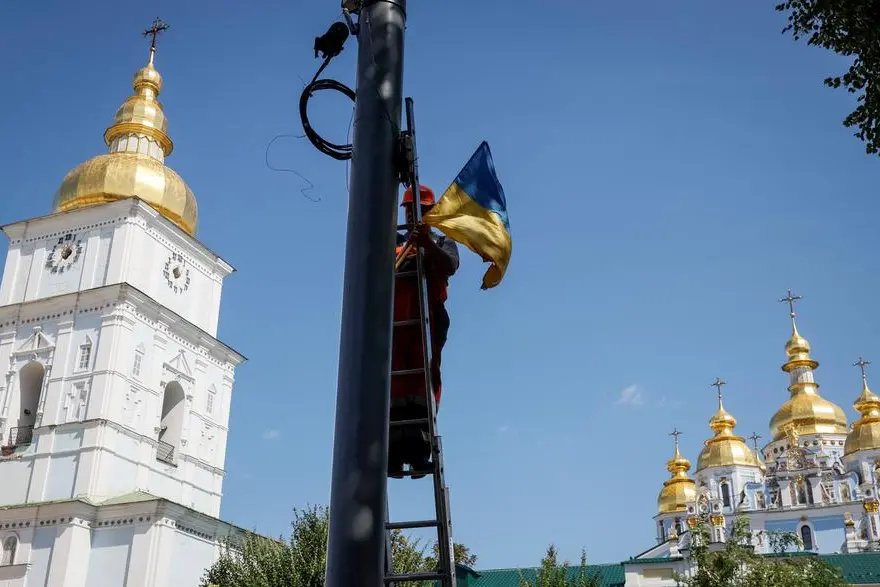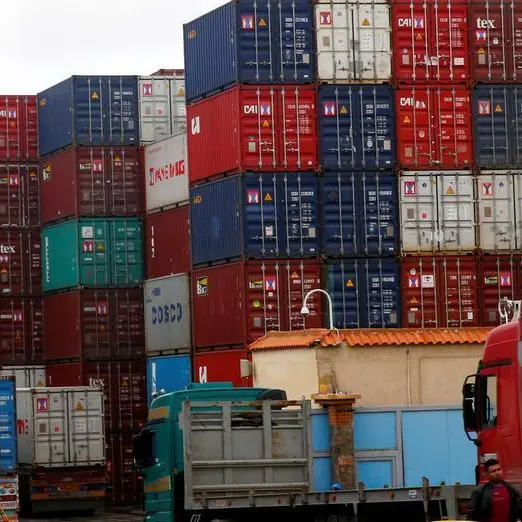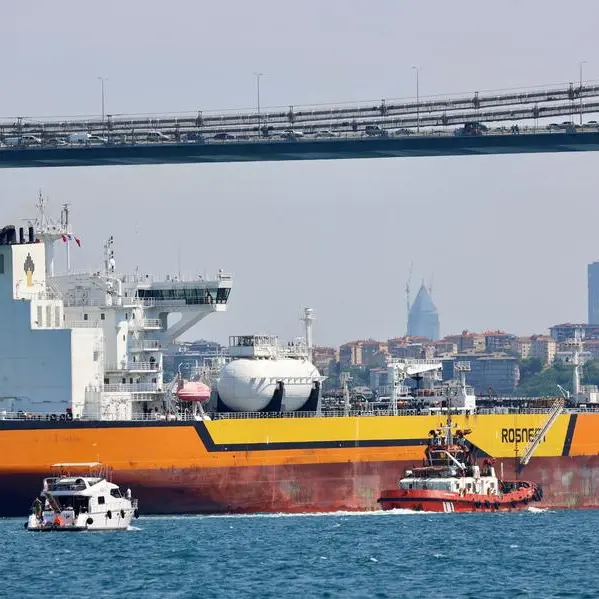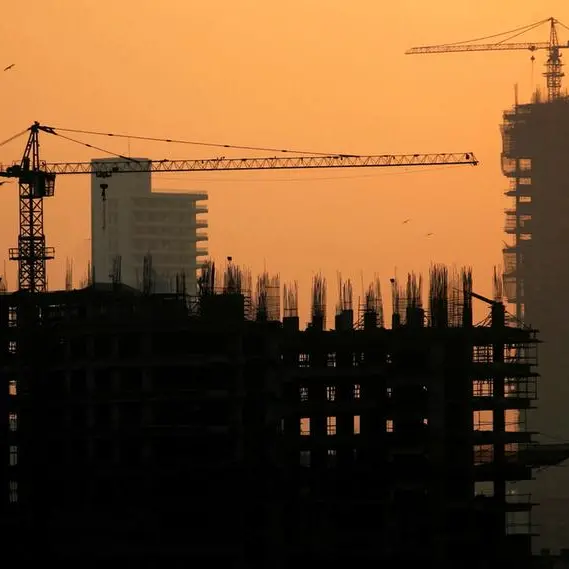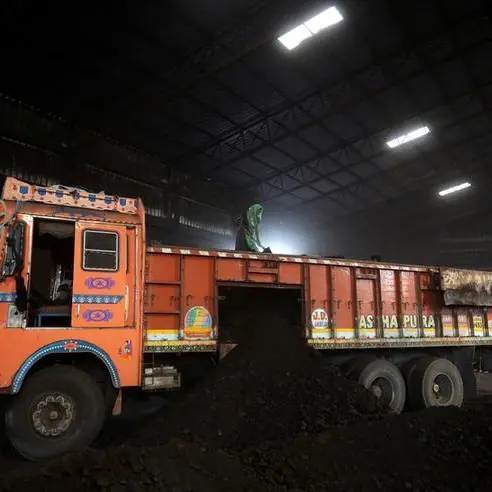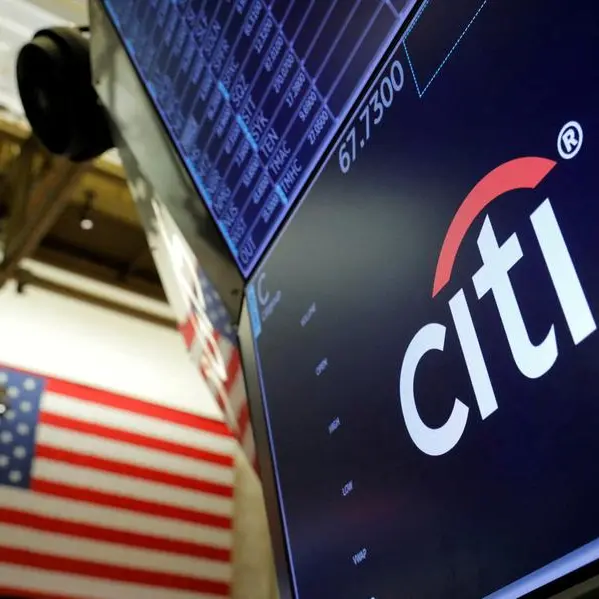PHOTO
THE HAGUE - Ukrainian orphans Ivan and Maksym, 17 and 16, escaped shelling and hunger in besieged Mariupol only to be captured and taken to the Russian-occupied city of Donetsk where they were held incommunicado for months with dozens of other children.
They are now among about 400 Ukrainian children to have returned from Russia or Russian-held territory since Moscow's full-scale invasion began in February, 2022 - a tiny fraction of the 20,000 children that Kyiv has identified as taken without the consent of family or guardians.
The boys and four other Ukrainian children told their stories in The Hague, where the campaign "Bring Kids Back UA" was launched this week by Netherlands-based NGO Orphans Feeding Foundation with the backing of Ukrainian President Volodymyr Zelenskiy.
The boys, students at the Mariupol Technical School of Building, were living in a dormitory when the area came under fierce bombardment by Russian forces. Food and water ran out, and they fled on foot in March to a nearby village.
"When we arrived, we went to the hospital, because there was nowhere else to go. We said we were orphans, and they informed the Donetsk hospital. Then child protection services came and asked where our parents were. So we were taken away," Maksym told Reuters.
Ivan said: "We didn't want to go there, but we didn't have a choice. We were fed four times a week. We spent time in our rooms and played on our phones. They let us go outside for one hour a day, and not every day. There was nothing for us to do."
He said 31 Ukrainian children ended up at Donetsk Hospital Nr. 5, and that most had taken up offers to go to Russia, where they were promised comfortable housing and other incentives.
Moscow has repeatedly denied forcibly taking Ukrainian children, saying it found only a small number of children in orphanages or without parental care, and tried to accommodate as many as possible with relatives in Russia.
The International Criminal Court (ICC) issued an arrest warrant in March against Russian President Vladimir Putin, accusing him of the war crime of illegally deporting hundreds of children from Ukraine.
But Moscow's envoy to the United Nations in New York said shortly afterwards that Russia did not prevent children contacting relatives and friends, wherever they lived, and that parents could apply for help with reunification.
A source has said talks are under way, mediated by Saudi Arabia and Turkey, on repatriating thousands of children.
'BRING THEM BACK'
Ivan, Maksym and others are sharing their experiences with senior officials from the Netherlands and Ukraine to spur international action.
"It's important to tell the world that the Russians are really stealing our children. We need to bring them back as quickly as possible," said Maksym after meeting Dutch Foreign Minister Hanke Bruins Slot, who vowed to raise the issue internationally.
"It is heartbreaking to hear their stories," Bruins Slot said, promising to provide Ukraine with rapid DNA kits to help match children and parents more quickly.
Just as the two boys were losing hope of making it back home, they were given SIM cards for their phones by the mayor of Donetsk, enabling them to contact their headmaster, Anton Bilai, who had been trying to locate them for weeks.
Bilai, their legal guardian under Ukrainian law, travelled for three days and more than 4,000 km (2,500 miles) from Kyiv to Poland, Lithuania and Latvia and then back down through Russia to Donetsk.
"These were the first children returned from the occupied territory," he said. "Before the war ... they were orphans. All I can say is that now they are my children."
Ivan hardly remembers the moment Bilai arrived.
"I was barely awake so I didn't know what was going on ... He's my superhero. If it wasn't for him, I'd probably still be in occupied territory with other children."
(Reporting by Anthony Deutsch; Editing by Hugh Lawson and Kevin Liffey)
